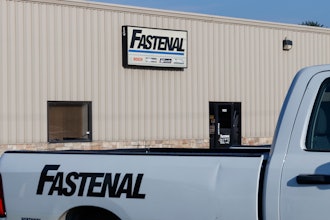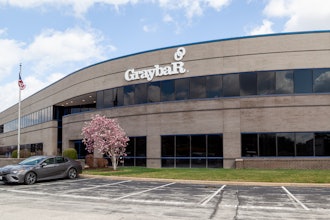In a recent value-added survey, we asked salespeople the following question.
“Think of your largest revenue-producing customer. If the customer said, ‘I want a 10 percent discount or I will bid this out,’ would you give the customer a discount?”
Seventy-two percent of participants indicated they would discount. The mere threat of a bidding situation prompts salespeople to discount. Experienced buyers know when they ask for a discount, they easily get it. Why wouldn’t they ask for it?
Our internal research shows that salespeople fail to hold the line on pricing because they fear losing the business. Salespeople discount because they lack the courage to hold the line on pricing. In a recent seminar, we had a group of salespeople perform a simple exercise. The group was instructed to share an example of a recent piece of business they lost because they held the line when the customer asked for a discount. The result was compelling. The group couldn’t complete the exercise. They couldn’t remember the last time they actually held the line on pricing. The group explained that their fear for losing the business was greater than the commitment to sell their value-added.
Experienced buyers know salespeople fear losing business. Buyers use this pressure to get discounts. However, value-added salespeople steer the conversation towards value, not price. Here are some ideas to help you steer the conversation away from price.
Ask the buyer questions that call attention to non-price issues. For example, “What is the biggest problem you’re experiencing?” In a recent seminar, one salesperson explained that he asks this question on every sales call. Furthermore, he would have the buyer show them the problem area in their facility. He would engage additional people impacted and understand their issues. He explained that focusing on the customer’s biggest problems keeps the focus off of price.
Ask the buyer questions that cause them to think long-term. A pricing conversation is a short-term, transactional conversation. Ask questions that focus on long-term outcomes and not short-term transactions. For example, “Fast forward to the end of the project. What is the ideal outcome?” Or, “At the end of this project, what outcome do you expect?” Or, “What are your long-term goals for this project?” These questions transport the buyer to the future where the focus is on outcomes, not price.
When buyers ask for a discount, most salespeople reward them with a discount. Salespeople have trained buyers to ask for a discount. Most of the price resistance salespeople experience is a result of self-inflicted wounds. Redirect the conversation down a path of value, not price. Call attention to non-price issues and focus on the long-term outcome. The next time a customer asks for a discount, don’t take the easy way out. Find the courage to hold the line on pricing.
Paul Reilly is president of Reilly Sales Training, a St. Louis-based, privately owned company that specializes in training sales professionals, sales managers, and service professionals. Call Paul at 636-778-0175 or email [email protected].























